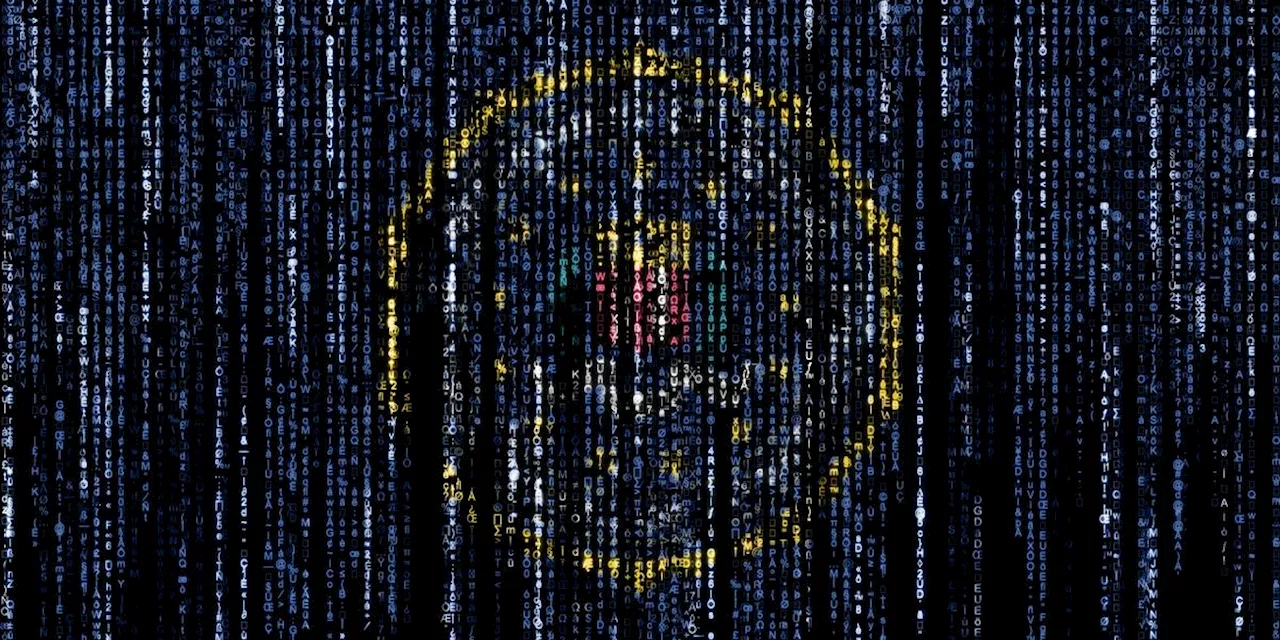Tulsi Gabbard, nominated by President Biden to be the Director of National Intelligence, faced intense scrutiny from Republican senators during her confirmation hearing. Her past support for Edward Snowden and her previous opposition to Section 702 surveillance powers were key points of contention. Gabbard sought to distance herself from her past statements about Snowden, emphasizing her commitment to national security if confirmed. She also attempted to clarify her position on Section 702, stating her current support for the program.
Tulsi Gabbard will most likely need the vote of all nine Republicans on the Senate Intelligence Committee to be confirmed as director of national intelligence., faced tough questions Thursday from several Republican senators at her confirmation hearing over her past praise for intelligence leaker Edward Snowden and her Republicans hold a narrow 9-8 majority on the Senate Intelligence Committee, which is holding the hearing and has the first vote on Gabbard’s nomination.
When Sen. Susan Collins, R-Maine, asked Gabbard if she would seek a pardon or clemency for Snowden, Gabbard replied: “Senator Collins, if confirmed as the director of national intelligence, my responsibility would be to ensure the security of our nation’s secrets, and would not take actions to advocate for any actions related to Snowden.” When Collins followed up to confirm she would not seek a pardon for Snowden, Gabbard said that was correct.
Feeling out of the loop? We'll catch you up on the Chicago news you need to know. Sign up for the weekly The program, authorized under section 702 of the Foreign Intelligence Surveillance Act, also allows U.S. authorities to search through the data, including information incidentally collected from Americans who are in communication with the foreign targets.
Here are five things to know about Tulsi Gabbard, an American politician and U.S. Army Reserve officer. Gabbard rejected criticism at the hearing that she has sided with U.S. adversaries and said it was outrageous to question her loyalty to the United States given her career in the Army and in politics.
CONFIRMATION HEARING TULSI GABBAR DIRECTOR OF NATIONAL INTELLIGENCE EDWARD SNOWDEN Surveillance REPUBLICANS DEMOCRATS SECTION 702
United States Latest News, United States Headlines
Similar News:You can also read news stories similar to this one that we have collected from other news sources.
 Gabbard Switches Stance on FISA Section 702Tulsi Gabbard, Trump's nominee for DNI, reverses her opposition to FISA Section 702 after lobbying from Republican senators.
Gabbard Switches Stance on FISA Section 702Tulsi Gabbard, Trump's nominee for DNI, reverses her opposition to FISA Section 702 after lobbying from Republican senators.
Read more »
 Federal Court Rules 'Backdoor' FBI Searches Under Section 702 UnconstitutionalA federal court has declared it unconstitutional for the FBI to conduct warrantless searches of US citizens' communications collected under Section 702 of the Foreign Intelligence Surveillance Act (FISA). Judge LaShann DeArcy Hall's ruling, stemming from a case involving a permanent US resident, states that these 'backdoor' searches violate the Fourth Amendment's protection against unreasonable searches.
Federal Court Rules 'Backdoor' FBI Searches Under Section 702 UnconstitutionalA federal court has declared it unconstitutional for the FBI to conduct warrantless searches of US citizens' communications collected under Section 702 of the Foreign Intelligence Surveillance Act (FISA). Judge LaShann DeArcy Hall's ruling, stemming from a case involving a permanent US resident, states that these 'backdoor' searches violate the Fourth Amendment's protection against unreasonable searches.
Read more »
 Court Rules Warrantless Spying Under FISA Section 702 Violates ConstitutionA federal court ruling has declared warrantless searches conducted under Section 702 of the Foreign Intelligence Surveillance Act (FISA) as a violation of the Fourth Amendment. The decision, stemming from a long-running case, highlights the concerns of privacy advocates regarding the government's ability to collect Americans' communications through this provision.
Court Rules Warrantless Spying Under FISA Section 702 Violates ConstitutionA federal court ruling has declared warrantless searches conducted under Section 702 of the Foreign Intelligence Surveillance Act (FISA) as a violation of the Fourth Amendment. The decision, stemming from a long-running case, highlights the concerns of privacy advocates regarding the government's ability to collect Americans' communications through this provision.
Read more »
 Gabbard Defends Controversial Spy Power She Once OpposedTulsi Gabbard, President-elect Trump's nominee for Director of National Intelligence, is defending the use of Section 702 of the Foreign Intelligence Surveillance Act (FISA), a controversial program she previously criticized while in Congress. Gabbard argues that Section 702 is crucial for gathering foreign intelligence and must be maintained, despite concerns about its potential to violate Americans' civil liberties.
Gabbard Defends Controversial Spy Power She Once OpposedTulsi Gabbard, President-elect Trump's nominee for Director of National Intelligence, is defending the use of Section 702 of the Foreign Intelligence Surveillance Act (FISA), a controversial program she previously criticized while in Congress. Gabbard argues that Section 702 is crucial for gathering foreign intelligence and must be maintained, despite concerns about its potential to violate Americans' civil liberties.
Read more »
 Gabbard Backs Surveillance Program She Once CriticizedFormer Representative Tulsi Gabbard, President-elect Donald Trump's nominee for Director of National Intelligence, has reversed her stance on Section 702 of the Foreign Intelligence Surveillance Act, a controversial program allowing the government to collect electronic communications of non-Americans without a warrant. Gabbard previously voted against reauthorizing FISA, arguing that it violated civil liberties. Now, she supports Section 702, claiming significant reforms have been enacted since her time in Congress. Her change in position has sparked questions from senators, particularly Democrats, who are concerned about her commitment to protecting civil liberties.
Gabbard Backs Surveillance Program She Once CriticizedFormer Representative Tulsi Gabbard, President-elect Donald Trump's nominee for Director of National Intelligence, has reversed her stance on Section 702 of the Foreign Intelligence Surveillance Act, a controversial program allowing the government to collect electronic communications of non-Americans without a warrant. Gabbard previously voted against reauthorizing FISA, arguing that it violated civil liberties. Now, she supports Section 702, claiming significant reforms have been enacted since her time in Congress. Her change in position has sparked questions from senators, particularly Democrats, who are concerned about her commitment to protecting civil liberties.
Read more »
 Warner Grills Gabbard Over Past Praise for SnowdenSen. Mark Warner questioned Tulsi Gabbard's past praise for Edward Snowden during her DNI nomination hearing, citing his actions as jeopardizing national security.
Warner Grills Gabbard Over Past Praise for SnowdenSen. Mark Warner questioned Tulsi Gabbard's past praise for Edward Snowden during her DNI nomination hearing, citing his actions as jeopardizing national security.
Read more »
